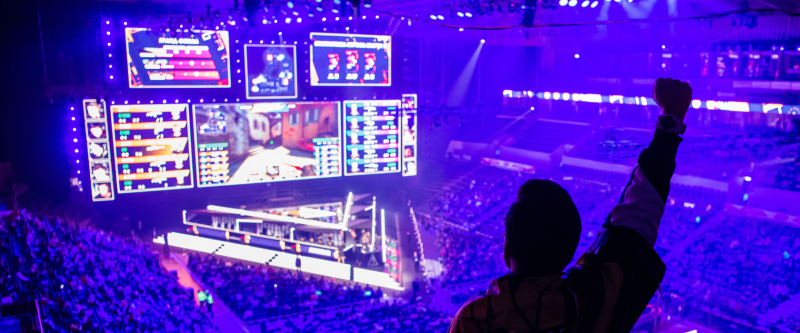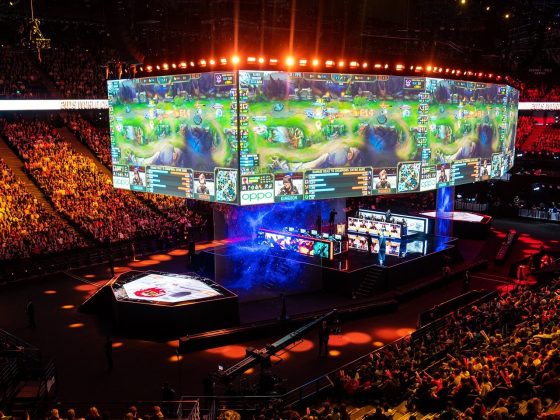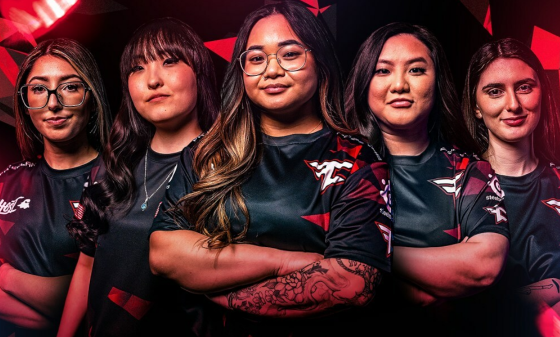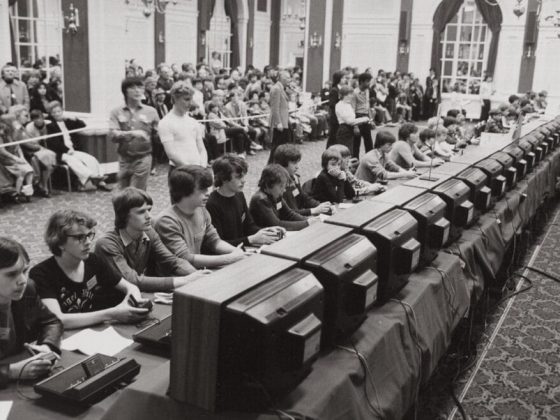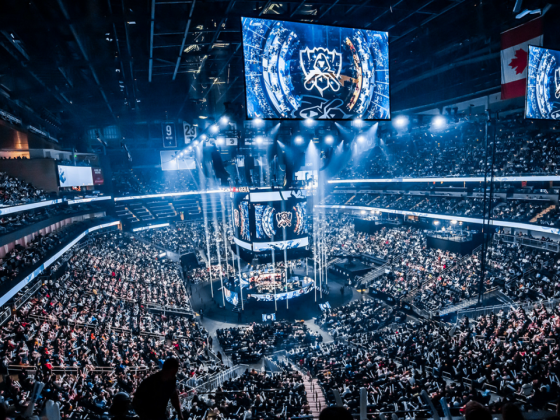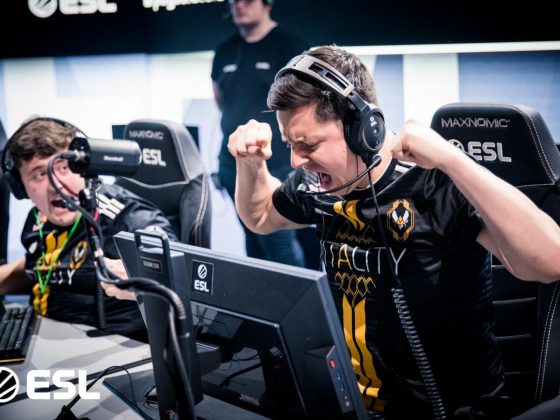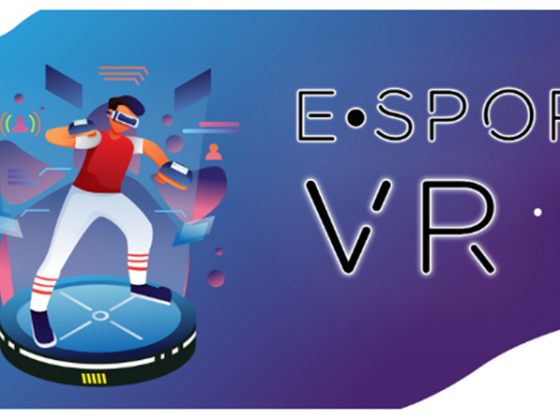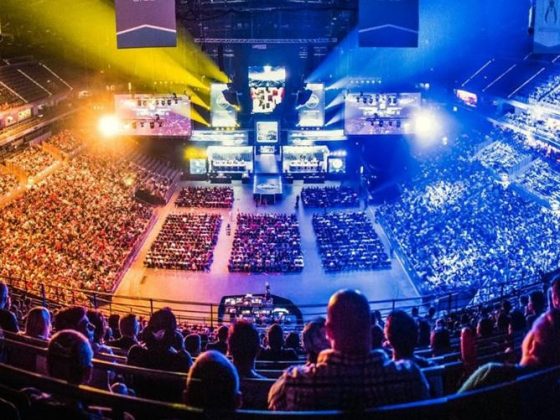In the realm of modern entertainment, eSports has emerged as a powerhouse, captivating millions of fans worldwide. Competitive gaming has transcended the boundaries of traditional sports and become a phenomenon of its own. But who are these eSports enthusiasts, and what fuels their unwavering passion for this digital sport? In this article, we delve into the world of eSports and explore the diverse audience that drives its meteoric rise.
eSports: The Digital Sporting Revolution
eSports, short for electronic sports, is a competitive form of video gaming where individuals or teams face off in various video games. These events are not just casual gaming sessions; they are highly organized and professionalized competitions that draw in both players and viewers alike. While eSports has been around for several decades, it has exploded in popularity in recent years, thanks in large part to its dedicated fan base.
The Gamers Themselves
At the core of the eSports audience are the gamers themselves. These are individuals who are not just casual players but dedicate significant time and effort to mastering their chosen games. Gamers come from all walks of life, spanning different age groups, backgrounds, and cultures. The diversity within the gaming community is one of its most striking features.
Gamers are driven by the challenge, the thrill of competition, and the desire to improve their skills. The sense of achievement when they win a match or outperform opponents is a powerful motivator. In many cases, these players have grown up with video games, and eSports provides a natural extension of their passion.
The Spectators
Beyond the players, eSports boasts a massive spectator audience. These spectators are fans who may not necessarily play the games competitively but enjoy watching others do so. The reasons for this passion are multifaceted:
- Entertainment Value: eSports events are often highly entertaining, featuring skilled players, exciting matches, and dramatic moments. The production values have soared, with professional commentators, impressive arenas, and dazzling visuals.
- Community and Social Connection: eSports provide a sense of belonging and community for viewers. Fans can connect with like-minded individuals, discuss strategies, and celebrate victories together, all within the gaming ecosystem.
- Accessibility: Unlike traditional sports, eSports can be easily accessed through online streaming platforms such as Twitch and YouTube, making it convenient for fans to follow their favorite games and players.
- Celebrity Players: The emergence of celebrity gamers has drawn mainstream attention to eSports. Famous gamers like Tyler “Ninja” Blevins and Michael “Shroud” Grzesiek have massive followings and bring an element of star power to the industry.
The Competitive Spirit
One of the key drivers of passion within the eSports audience is the competitive spirit. Whether they are players or spectators, many fans are drawn to the intensity and strategic depth of competitive gaming. eSports often require players to think quickly, make split-second decisions, and adapt to ever-changing in-game situations. This level of competition resonates with individuals who thrive on challenges and the pursuit of excellence.
The Future of eSports Fandom
The eSports audience is only expected to grow in the coming years. With increasing investments from major corporations, improved infrastructure, and a growing acceptance of gaming as a legitimate form of entertainment, eSports is poised to become even more mainstream. As technology continues to advance, virtual reality and augmented reality could further enhance the spectator experience, blurring the lines between traditional sports and eSports.
In conclusion, the eSports audience is a diverse and passionate community comprising both gamers and spectators. Their passion is fueled by a love for competition, entertainment, and the sense of belonging to a vibrant community. As eSports continues to evolve, it will be fascinating to see how this global audience shapes the future of competitive gaming.
